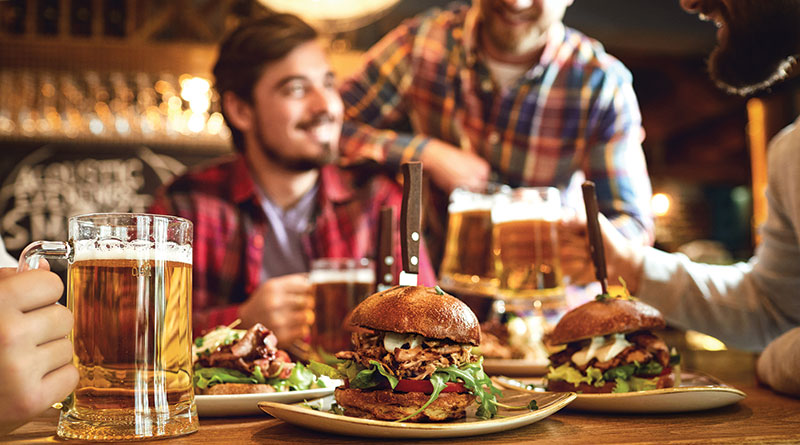Hospitality Leaders Stay Cautious But Relief On Inflation Raises Hopes On Sales And Margins

Britain’s hospitality leaders are cautious about the future as pressure on the cost of doing business continues, CGA by NIQ’s latest Business Confidence Survey reveals.
The exclusive poll indicates just under half (49%) of leaders feel confident about prospects for their business over the next 12 months. This is down by 4 percentage points from May’s figure of 53%, and a third consecutive quarter-on-quarter drop. Meanwhile 36% of leaders feel optimistic about prospects for hospitality in general over the next year—a quarter-on-quarter rise of 2 percentage points but 9 percentage points behind the level of August 2023.
Hospitality’s confidence has been sapped by several years of high inflation, and challenges in several key areas continue—especially labour, where nearly three in five (58%) leaders have experienced significant increases in wage costs in the last 12 months. Three quarters (75%) have seen at least some increases in food costs. These pressures, alongside a drop in footfall as some consumers reduce their visits to pubs, bars and restaurants, have led a third (33%) of leaders to reduce trading hours in their estates.
While confidence remains guarded, there are signs that optimism may start to build as inflation eases in some costs. Half (50%) of leaders have seen a reduction in their energy bills over the last 12 months, and more than half (56%) have not seen any further increase in renting costs. Only 9% think their business is at risk of failure in the next year, while the number trading at a loss has dropped by 5 percentage points year-on-year, to 9%. Separate research from CGA by NIQ has meanwhile shown solid year-on-year growth in sales for managed hospitality groups, and a modest increase in outlet numbers.
The Business Confidence Survey also highlights the need for support for the hospitality industry from the new government—especially on tax. Asked about policy changes to help growth, nearly nine in ten (88%) respondents said reform of business rates was a top-three priority, with a targeted reduction in VAT (67%) and more sustainable increases in the National Living Wage (52%) among other top concerns. The survey confirms widespread support for two of Labour’s manifesto pledges—to revamp the rates system and replace the apprenticeship levy with a broader growth and skills levy.
“Karl Chessell, CGA by NIQ’s director – hospitality operators and food, EMEA, said:
After more than four years of disruption from COVID and inflation, hospitality’s leaders are understandably circumspect about the future. With pay and food costs still rising and many consumers still feeling the pinch on spending, it’s not surprising that there has been no post-election bounce in optimism. However, long-overdue respite in energy and rents will have loosened the squeeze on operators’ margins, and we can be optimistic that an easing of consumers’ costs will free up more spending in the final few months of 2024. Confidence will need to stay very cautious for some time to come, but with the right support from the new government hospitality will be well-placed to power economic growth and create jobs.”
